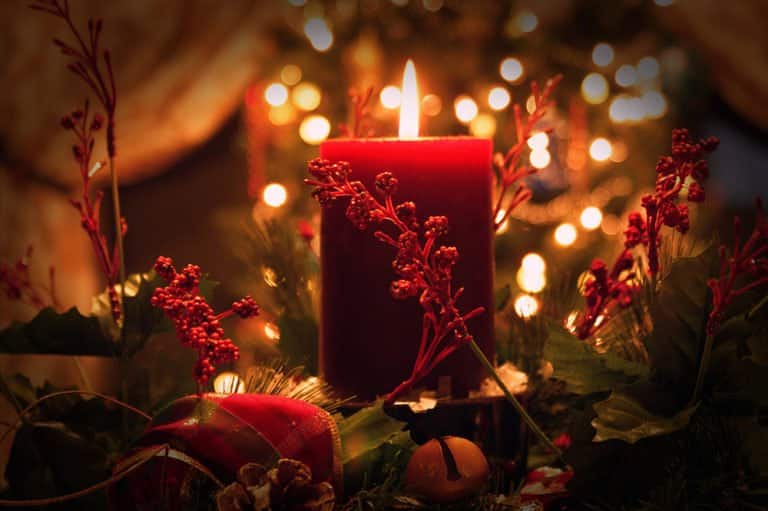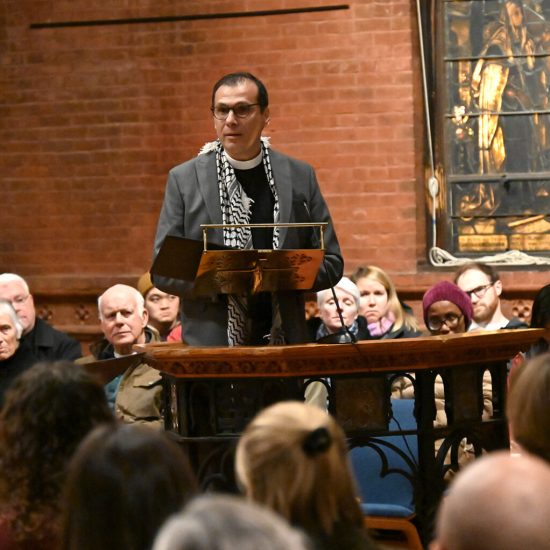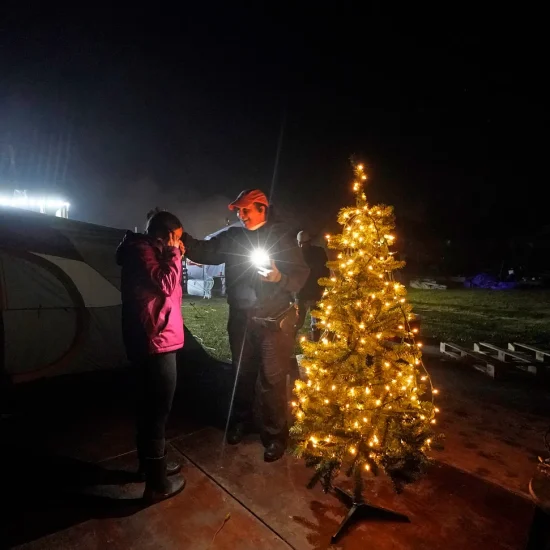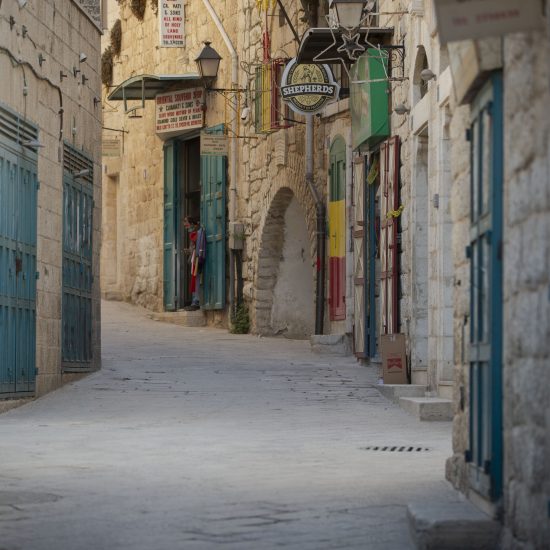
(RNS) — This Advent, we can choose to wait.
The coronavirus pandemic has forced society to press the “pause” button. This involuntary interruption to the often mindless pace of our lives opened new space, terrifying for some, liberating for others. Our lives have been put on hold against our will.
Advent, the three to four weeks of the liturgical calendar in which we anticipate Christmas, arrives this year into this strange mix of cultural impatience and fear. Some believe we can simply power our way out of months of watchful waiting, overcoming the virus by willing it away.

(Pixaby)
But Advent itself is designed to act as a psychological and spiritual pause button. It teaches the wisdom of waiting and offers us a countercultural choice to embrace persistent, expectant patience.
Psychology affirms the essential role of waiting in our emotional development. Recall the famous marshmallow experiment, in which researchers at Stanford told five- and six-year-old children that they could eat the marshmallow the researchers put on a table in front of them, but if they waited 15 minutes — alone, with the single marshmallow — they could have two.
The researchers then checked in with the kids for decades. Those who waited, delaying instant gratification, were more likely to score higher on SAT tests, had better social skills, and were less likely to engage in substance abuse or to be obese.
Patience, it turns out, is healthy. The qualities those children needed to develop to restrain their impulse for instant gratification were memory and attention span. Those same skills are necessary for us during Advent.
Spending time on the Camino de Santiago, the pilgrimage across Spain to the shrine of the Apostle James, was like a school for me, teaching the practice of patience. The desired end was miles and days away, requiring in my case 344,347 steps (I counted using my iPhone), which seemed at the outset unimaginable.
But a pilgrimage liberates the one who is wandering and waiting for the love of God from the cult of efficiency. Becoming expectant of changing scenes and uninvited companions opens a pilgrim up to wonder, like a manger becoming a cradle, and shepherds hearing angels.
Our consumer society’s dependence on instant gratification has infected our religious practice. We’re wired to get fast and easy answers and we evaluate worship services by what we can get from them immediately. We seek spiritual highs, often unwilling to wait even 15 minutes.
Advent comes with this countervailing message: learn to wait for God. And expect God to show up in unexpected places, like a subway car, a Zoom call, or a stable.
Just as we have different reactions to the coronavirus pandemic, some in Bethlehem’s story found this involuntary interruption coming into the world terrifying, and others liberating. An anxious father, a mother lost in wonder, frightened shepherds, curious astrologers, a narcissistic, paranoid King. But God shows up and breaks in, through ways unanticipated.
This Advent, we can decide to wait through these four Sundays, not demanding answers, but living into this story of God’s unexpected, intrusive, quietly disruptive breakthrough. We may find ourselves, and even discover our true self in this story.
It will require the discipline of remembering what happened and what can still happen. It will stretch our attention span, waiting patiently for what will come.
Speed kills, especially in Advent. Sheltering in place, like the Holy Family, we can decide to wait, listen, and hope. And then we can hear the words “Fear not,” for this news will bring great joy.
Wes Granberg-Michaelson is a former general secretary of the Reformed Church in America, and the author, most recently, of Without Oars: Casting Off Into to Life of Pilgrimage.






